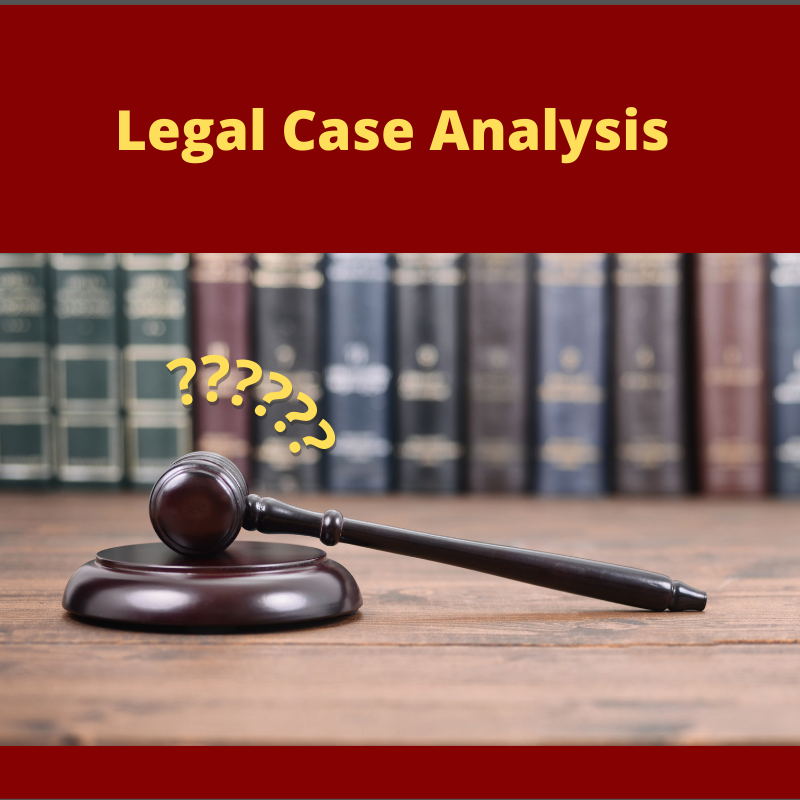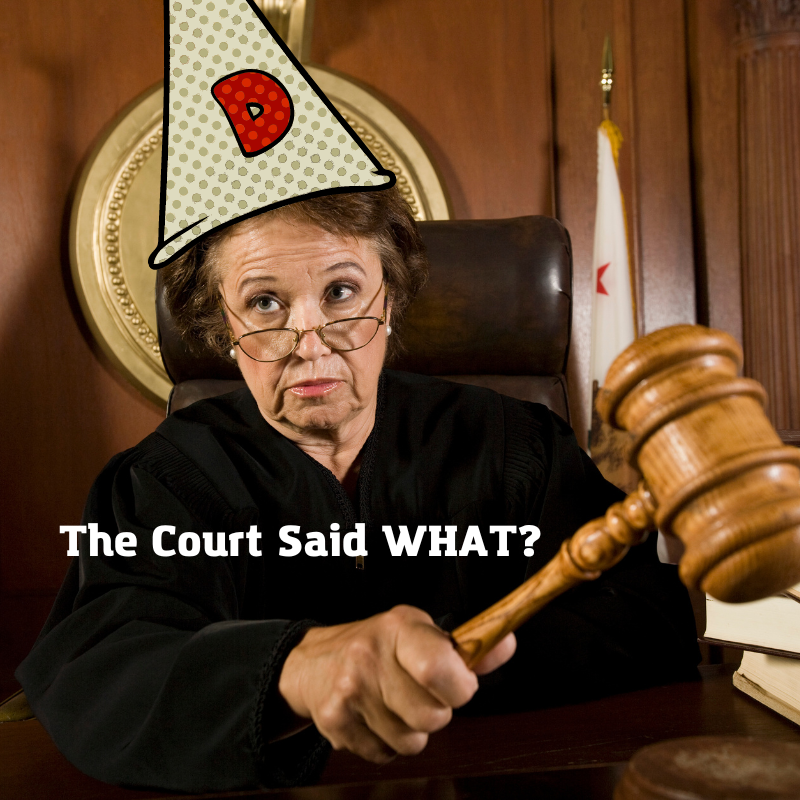Bad Judge Wants to Write More Bad Opinions

B.L.U.F. We previously wrote about how a single judge wrote a few terrible opinions. We now look at how he is using those same arguments in current cases, post Bruen.
More History
In 2019, the Seventh Circuit heard the case of Wilson v. Cook County, 937 F.3d 1028 (7th Cir. 2019). This was a case filed by Matthew Wilson challenging Cook County’s AW/LCM ban. Matt had been filing challenges since 2009.
None of his challenges got anywhere.
In the same vain, he lost at the district level as well but appealed to the Seventh Circuit court. There it was heard on April 4, 2019, and the court issued their opinion on August 29, 2019.
— Wilson v. Cook County, 937 F. 3d 1028 (Court of Appeals, 7th Circuit 2019)
Here the Seventh Circuit Court says, “Hey, nothing has really changed, we are going to stick with what we ruled last time.”
As part of their analysis, they show that they have fully adopted the two-step shuffle of means-end.
— Id. at 1032
Internal citations removed. The Court is quoting themselves, where they described how they were going to decide the constitutionality of a regulation. This is where they explicitly say to use means-end. Figure out how much Mrs. Jones was raped, and then decide if it really needs to stop, or not.
The case they are citing to is: Rhonda Ezell V. City of Chicago, 651 F.3d 684 (court.appeals 2011)
After the Court affirmed the District Court’s dismissal, they appealed to the Supreme Court. This was one of the cases in which the Second Amendment had strong hopes that the Supreme Court would hear the case and slap down the inferior courts.
The Petition for writ of Certiorari was filed in November 2019. It was distributed for Conference on March 6, May 1, May 15, May 21, May 28, Jun 4, and Jun 11. On Jun 15, 2020, the petition was denied with no opinion issued.
What this meant was that Friedman v. City of Highland Park, Illinois, 784 F. 3d 406 (Court of Appeals, 7th Circuit 2015) as confirmed by Wilson v. Cook County, 937 F. 3d 1028 (Court of Appeals, 7th Circuit 2019) was good law in the Seventh Circuit Court and those cases could be cited favorably by the infringers throughout the country.

